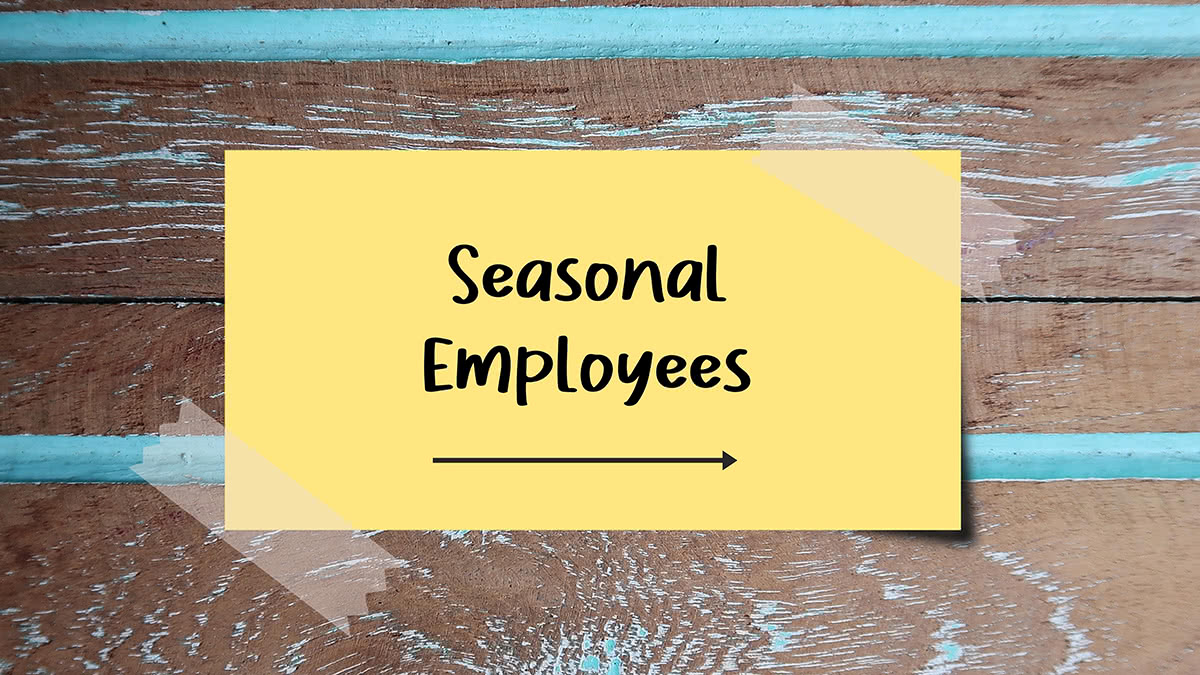How to Protect Your Business Against Negative Press

For better or worse, the explosion of social media into the mainstream fundamentally changed the industry of business public relations. It's no longer possible to skate by unnoticed, seeking plaudits under controlled circumstances but otherwise avoiding the spotlight. If you want to succeed, you need to be highly visible online.
A major corollary of this is that you need to be able to handle criticism and even mockery. People are unforgiving when it comes to commenting on businesses, because the anonymity and safety of social media emboldens them to say whatever they like.
If you're trying to keep your brand's reputation positive, how can you guard against the disruptive power of negative press? In this post, we'll review some tips for how you can stay away from it wherever possible and handle it when it can't be avoided:
4 Ways to Protect Your Business from Negative Press
1. Focus Strongly on Customer Success
Customer success is a concept on the minds of many business owners today, and for good reason: namely, the churn. Losing some customers might be an inevitability, but it's entirely possible to retain most of them, and that's a path to operational stability. Consider that acquiring a new customer is more expensive than keeping one.
Of course, the most relevant is that a lost customer is much more likely to speak about you negatively, recounting whatever it is that pushed them to go elsewhere. If you can keep most of your customers extremely happy, there won't be many people inclined to speak ill of you — and if someone does offer significant criticism, you'll have plenty of people willing to speak up on your behalf.
2. Learn from Search and Social Trends
Businesses need to change over time to continue growing, because consumer preferences change, and new technologies and options emerge. This is notable because negative press isn't always the product of something being considered offensive or a product or service being bad. Sometimes, it's the result of a company making an unpopular decision.
Such decisions often stem from managerial types going by gut feeling or relying on outdated feedback. There's no reason to do this when there's so much relevant information available for free online. By looking at search trends (chiefly through Google Trends, but you can also exploit Google's autocomplete function to get some insight) and social trends (use a site like trends24, or just check directly through Twitter), you can learn a great deal.
That trend data can help you do so much: tweak your brand to suit the zeitgeist, update your products and/or services to give people what they want, even choose new areas to invest in based on public retail patterns. The more you know about what people want, the easier it will be to avoid frustrating them.
3. Double-Check Public Comments Before Issuing Them
They say an elephant never forgets, but Internet users are far more potent when it comes to ensuring that noteworthy comments aren't lost to time. Even if you've successfully built a community, the moment you make a statement or experience a controversy, you'll be unable to take it back, and people will probably bring it up over and over again.
Of course, companies can recover from this type of misstep. If you endure backlash, respond in a PR-friendly way, and your misdeed will be left to fade into obscurity (at least, until you make a similar mistake and see it unearthed). But that's far from the ideal scenario. It's vastly better to simply avoid making glaring mistakes in the first place.
The key to this, oddly enough, is double-checking before acting. Every time you compose a tweet, write a statement, or upload a video to YouTube, ask yourself a simple question: “Is there anything in this content that would make the company look bad?” In addition, run it past other people on your team to get additional opinions. If in doubt, take it out!
4. Proactively Engage with Negative Reviewers
A strongly-negative piece of press isn't entirely bad, because it also presents a great opportunity to turn things around. Sometimes, a negative experience with a company isn't really anyone's fault, but instead the unfortunate consequence of bad timing. Imagine someone getting furious with a shipping company because their important order didn't arrive on time, not realizing that the issue was with the retailer they used.
Even if you are at fault for something, you can aim for redemption. People are generally willing to forgive and forget if amends are made (once they've cooled down, at least), and if you do a great job of making up for the inconvenience, you might find that they end up with a solidified sense of loyalty. Reach out to the customer, find out how you can make things better, and do it! The negative press might be removed entirely or amended to note that you made things right.
Conclusion
If you follow these steps, you should be able to avoid negative press, and significantly mitigate the impact of the critical comments that do arise. Don't make the mistake of thinking that a piece of bad PR is the end of the world: pick yourself up, dust yourself off, and start turning things around.
Since 2008, Fora Financial has distributed $4 billion to 55,000 businesses. Click here or call (877) 419-3568 for more information on how Fora Financial's working capital solutions can help your business thrive.






